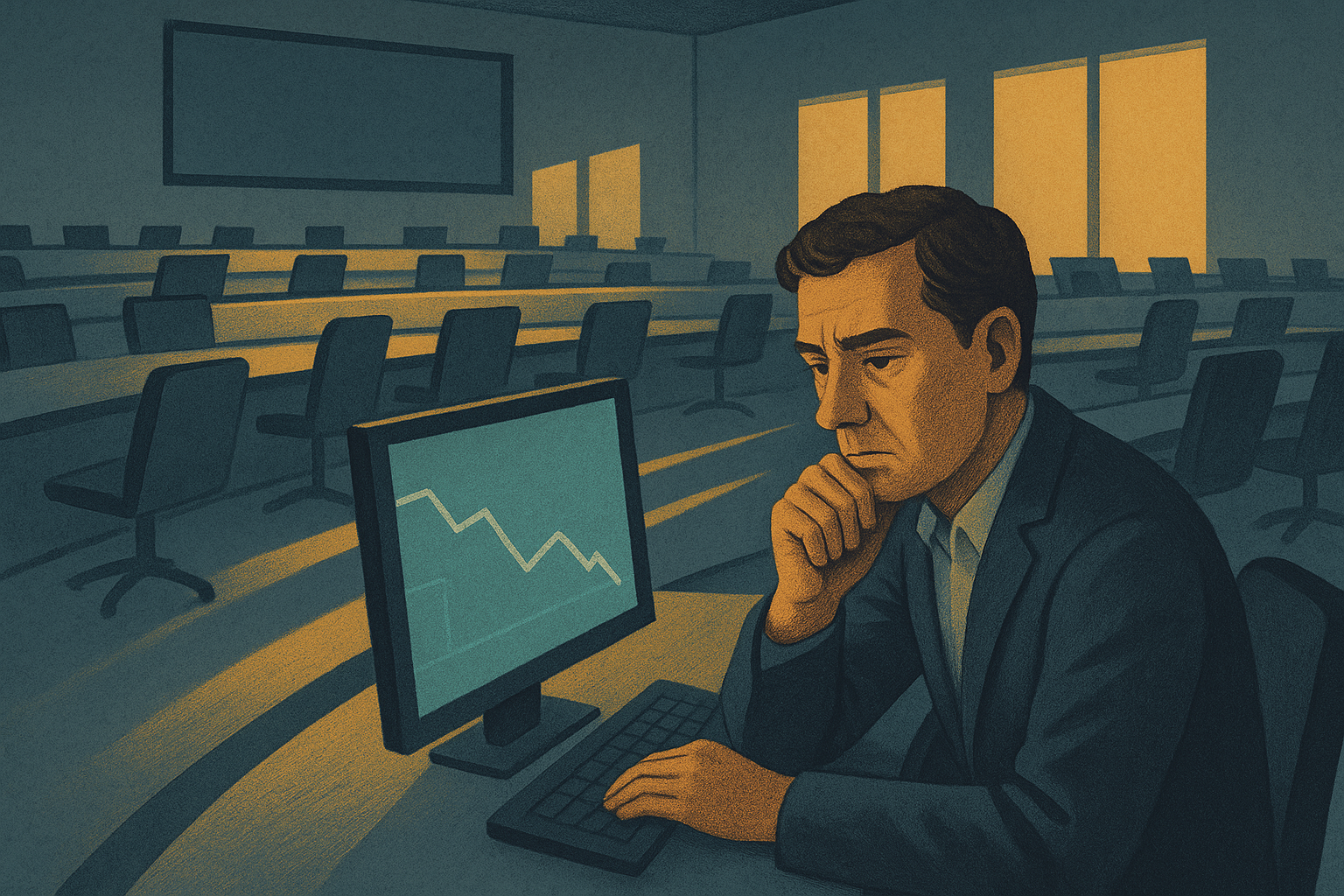The second-quarter earnings season is laying bare a growing schism across the U.S. corporate landscape. Alphabet, IBM, and chip suppliers like SK Hynix are posting standout results and raising investment plans, while consumer-focused firms including airlines, food producers, and toy manufacturers issue downbeat guidance amid demand concerns and tariff pressures.
Alphabet reported a 32% year-on-year jump in cloud revenue, citing surging demand for AI workloads, and raised its 2025 capital expenditure target to $85 billion. IBM’s AI-focused business hit $7.5 billion, growing $1.5 billion in just one quarter. SK Hynix, a key Nvidia supplier, posted record profits, buoyed by stockpiling ahead of expected AI infrastructure expansion.
Meanwhile, the outlook from consumer sectors has been notably less optimistic. Southwest Airlines missed second-quarter earnings forecasts — posting $0.43 per share versus an expected $0.51 — and slashed its full-year EBIT guidance to $600–$800 million. American Airlines warned of a third-quarter loss ranging from $0.10 to $0.60 per share. Nestlé, LVMH, Hasbro, and Mattel all cited cautious consumer behaviour and cost pressures linked to trade tariffs.
Overall, earnings for the S&P 500 have outperformed reduced expectations. Blended earnings per share growth for Q2 stands at approximately 7.7% according to LSEG, and 5.6% per FactSet, after consensus forecasts were revised down from 10.2% in April. The index continues to notch record highs, powered by the “Magnificent Seven” tech firms, which now account for over 30% of its market capitalisation. In contrast, the equal-weighted S&P 500 lags, highlighting persistent concentration risk.
Commenting on the trend, Adam Sarhan of 50 Park Investments said, “AI is one of the strongest areas of growth for the economy, and the market mirrors the economy.” Former Medtronic CEO Bill George added, “The tech community is going full speed ahead… Other companies will struggle to get growth.”
Tariff impacts are also rippling across sectors. Hyundai reported a ₩828 billion (~$607 million) Q2 hit, while GM anticipates $4–5 billion in tariff-related costs in 2025 — expenses companies say they are absorbing rather than passing on to customers.
With roughly 30% of the S&P 500 having reported, the earnings season’s split narrative is expected to continue. Investors now await results from Amazon, Apple, Meta, and Microsoft, along with updates on U.S. trade policy and interest rate direction as the Federal Reserve meets next week.




